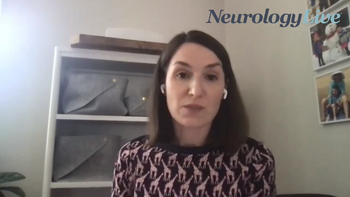
The program director of the Medstar Georgetown University Hospital Headache Medicine Fellowship program discussed the findings of the STOP 301 study.

The program director of the Medstar Georgetown University Hospital Headache Medicine Fellowship program discussed the findings of the STOP 301 study.
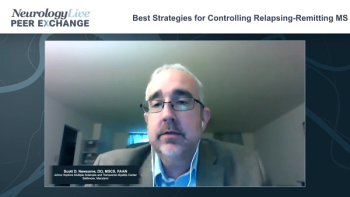
Drs Patricia K. Coyle and Robert Fox comment on approaching multiple sclerosis relapses as early as possible with high-efficacy therapy.
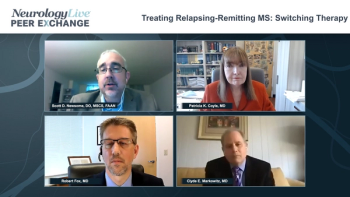
Factors that may warrant a switch in therapy to treat relapsing-remitting multiple sclerosis.

The chief medical officer of Biohaven Pharmaceuticals discussed the findings of an assessment of rimegepant (Nurtec ODT) exposure with concomitant administration of inhibitors of P-gp and BCRP transporters.
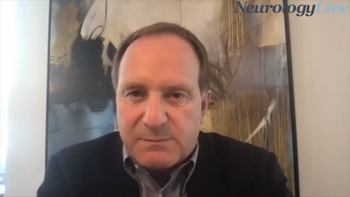
The director of the Headache Center of Southern California discussed his research from AHS 2021 which evaluated safety and efficacy of combined treatment with CGRPs and onabotulimtoxinA.
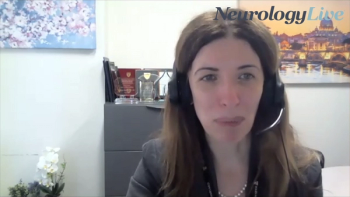
The investigator at the Healey & AMG Center for ALS at Massachusetts General Hospital discussed how adding AMX0035 to a therapeutic regimen might improve treatment of ALS.
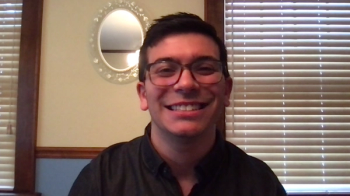
Neurology News Network for the week ending June 5, 2021.
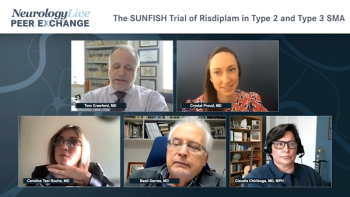
Tom Crawford, MD, examines data from the SUNFISH trial of patients with type 2 and type 3 SMA and emphasizes the need for further data before risdiplam can be directly compared to other treatment options.
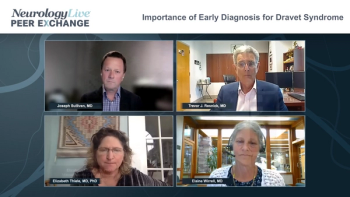
Trevor J. Resnick, MD, and Elaine Wirrell, MD, explain why the early diagnosis of Dravet syndrome is important, which patient profiles should be noted for ordering genetic testing, and what to do with those results.
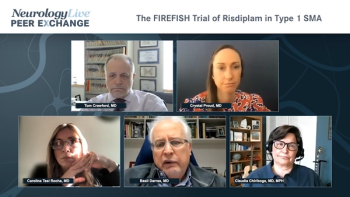
Basil Darras, MD discusses the FIREFISH trial of risdiplam in infants with type 1 symptomatic SMA and comments on the difficulty of comparing agents when trials have had different enrollment criteria.
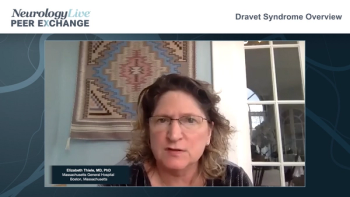
Elizabeth Thiele, MD, PhD, and Elaine Wirrell, MD, provide an overview of Dravet syndrome and the seizure triggers in pediatric patients.
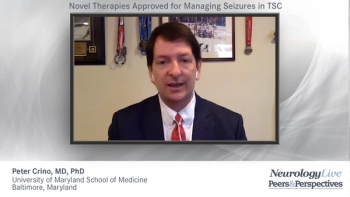
Peter Crino, MD, PhD, leads the discussion on exciting developments in approved therapies for managing seizures in TSC including the use of everolimus and cannabidiol.
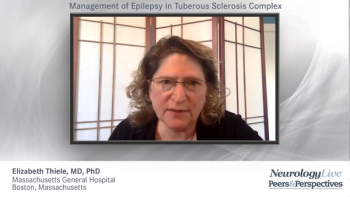
Peter Crino, MD, PhD, and Elizabeth Thiele, MD, PhD, review the spectrum of epilepsy in patients with TSC and approaching the treatment of seizures.
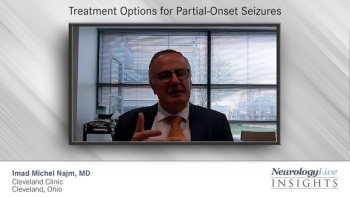
An overview of available treatment options in epilepsy treatment to increase patient compliance, and a deeper diver into the recent data from the phase 4 ELEVATE study of perampanel.
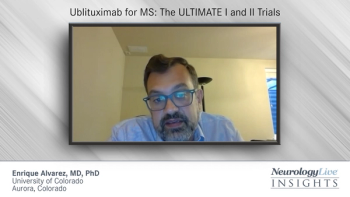
Experts in the management of multiple sclerosis provide key insights into the use of ublituximab in multiple sclerosis and review results of the ULTIMATE I and II trials from the AAN 2021 Annual Meeting.

Enrique Alvarez, MD, PhD reviews factors to consider when monitoring response to treatment, and Lawrence Steinman, MD comments on patient- and disease-related factors that may impact therapeutic sequencing.

Viltolarsen phase II study data is discussed as well as a comparison of viltolarsen to golodirsen for treatment of Duchenne muscular dystrophy.
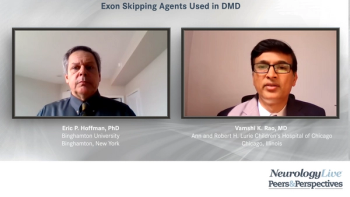
A review of exon skipping agents, their function, mechanism of action, and the different drugs used in clinical practice to treat Duchene muscular dystropy.
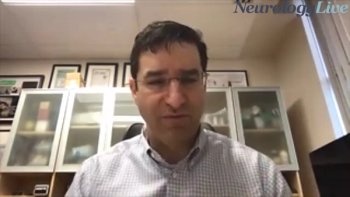
The founder and chief scientific officer of Neurolutions discussed the growing movement to treat patients with stroke using technology and where research and development might turn to next.
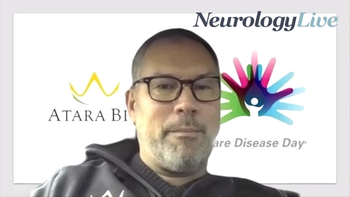
The head of global research and executive vice president of Atara Biotherapeutics discussed improvements seen in patients treated with the investigational therapy.

Episode 11 of the AUPN Leadership Minute features Barbara G. Vickrey, MD, MPH, of Icahn School of Medicine at Mount Sinai; and Nancy Sicotte, MD, of Cedars-Sinai Medical Center. [WATCH TIME: 3 minutes]
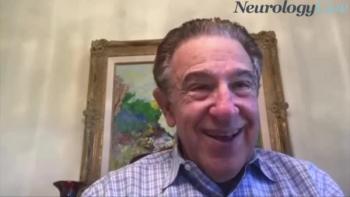
The neurologist from Banner Health and chief medical officer of the MS Association of America detailed the significant changes to the state of multiple sclerosis care over the past 3 decades.

The investigator at the Healey & AMG Center for ALS at Massachusetts General Hospital discussed how the PHOENIX study expands upon the previous study, CENTAUR.
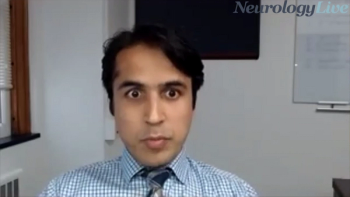
The neurologist at Cleveland Clinic addressed aspects of care for elders with generalized epilepsy that need to be further researched.
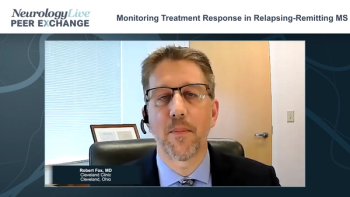
Recommendations regarding how to monitor patients who receive therapy for relapsing-remitting multiple sclerosis and to conduct repeat imaging assessments appropriately.
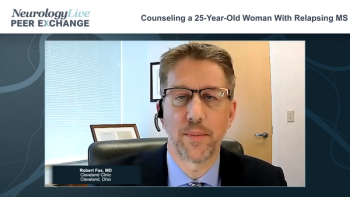
Factors that impact treatment selection for a 25-year-old woman who presents with relapsing multiple sclerosis, including the patient’s interest in becoming pregnant.

The assistant professor of neurology at the Keck School of Medicine at University of Southern California discussed the importance of having additional agents to treat Parkinson disease.
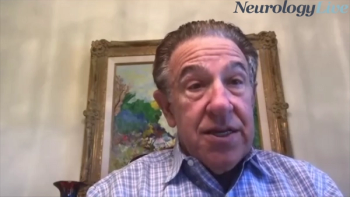
The neurologist from Banner Health and chief medical officer of the MS Association of America provided perspective on the global impact World MS Day can have on the patient and clinician community.

Neurology News Network for the week ending May 29, 2021.
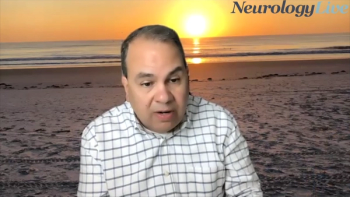
The professor of neurology at Mayo Clinic detailed the next steps in understanding more about the impact social determinants of health have on epilepsy care.